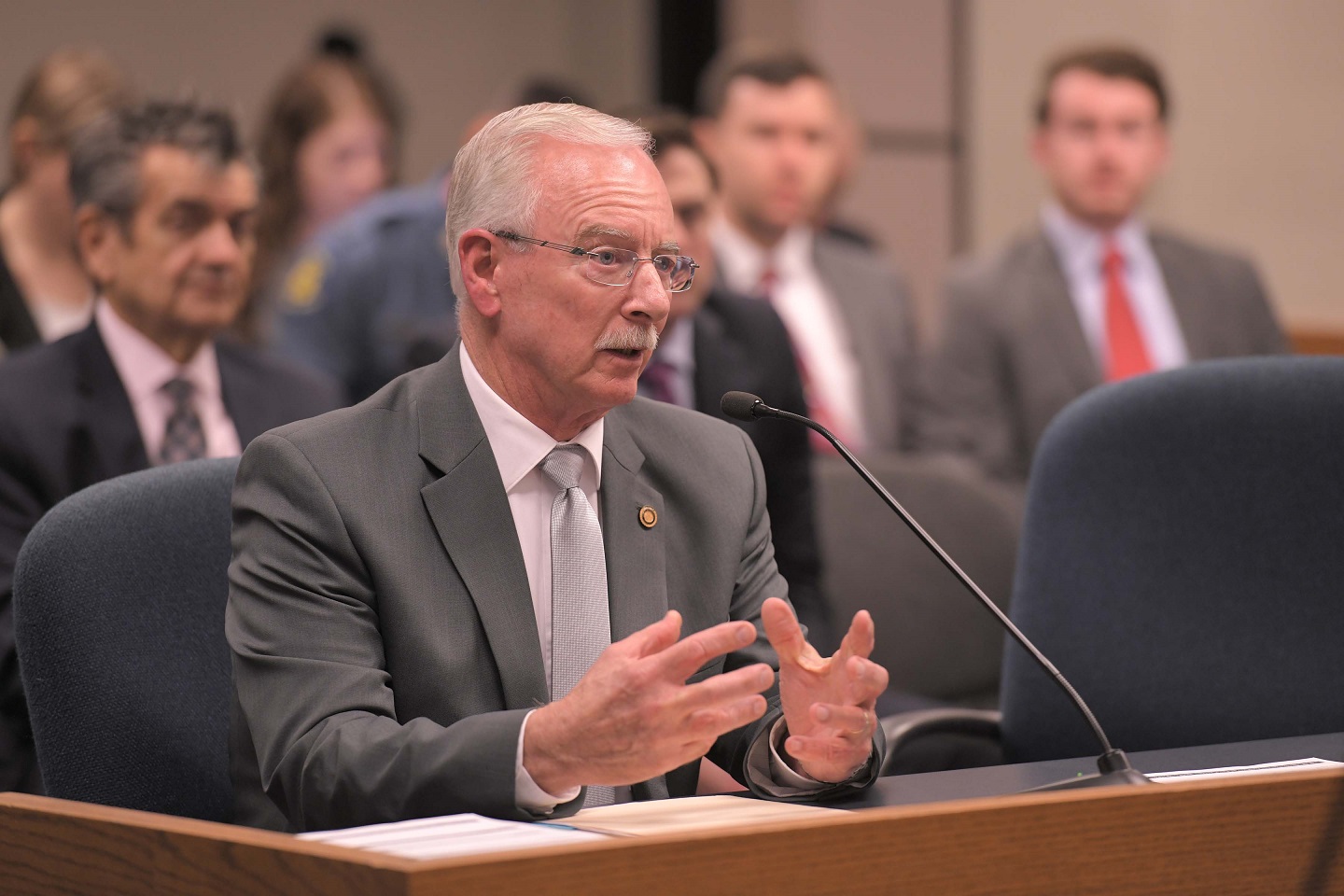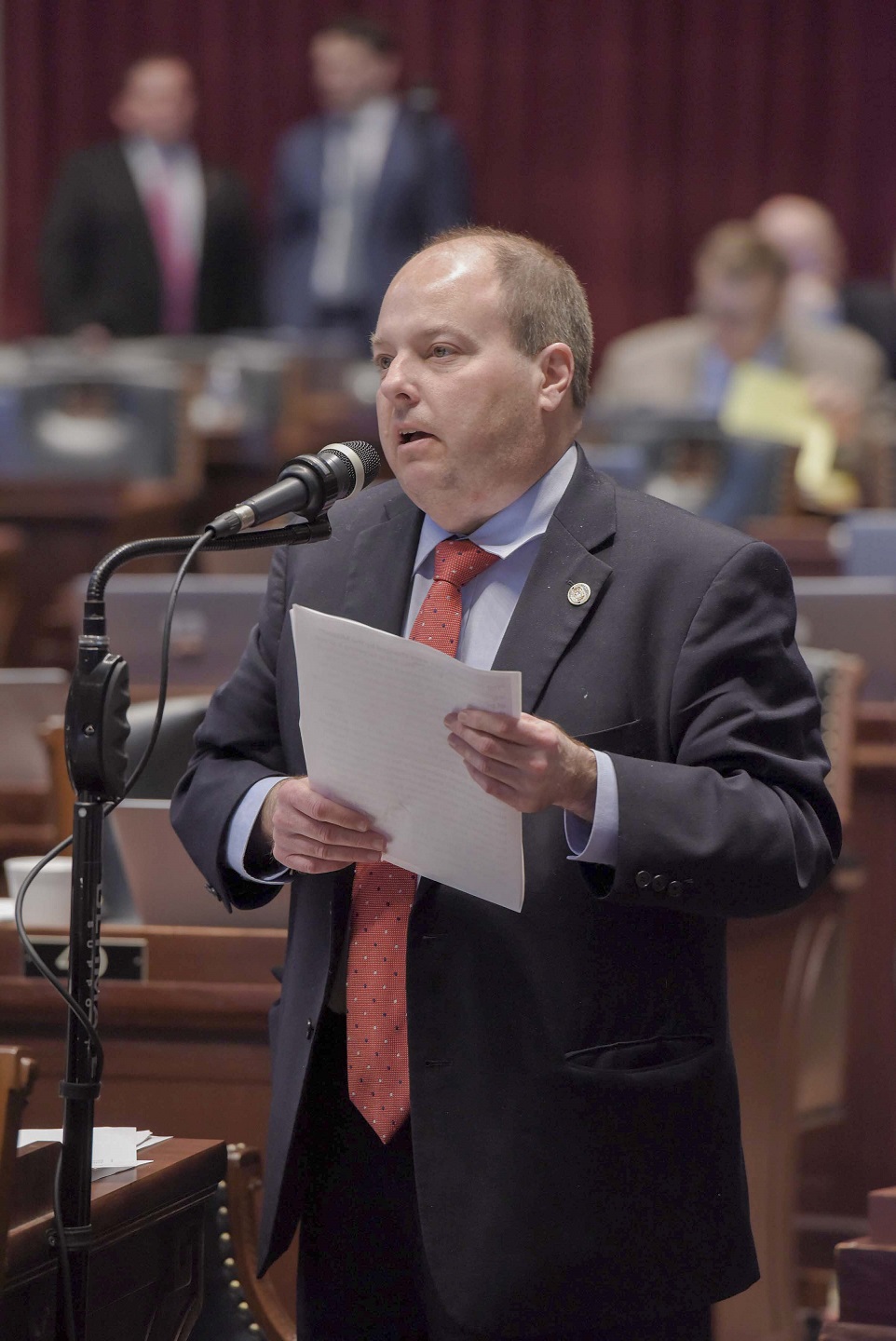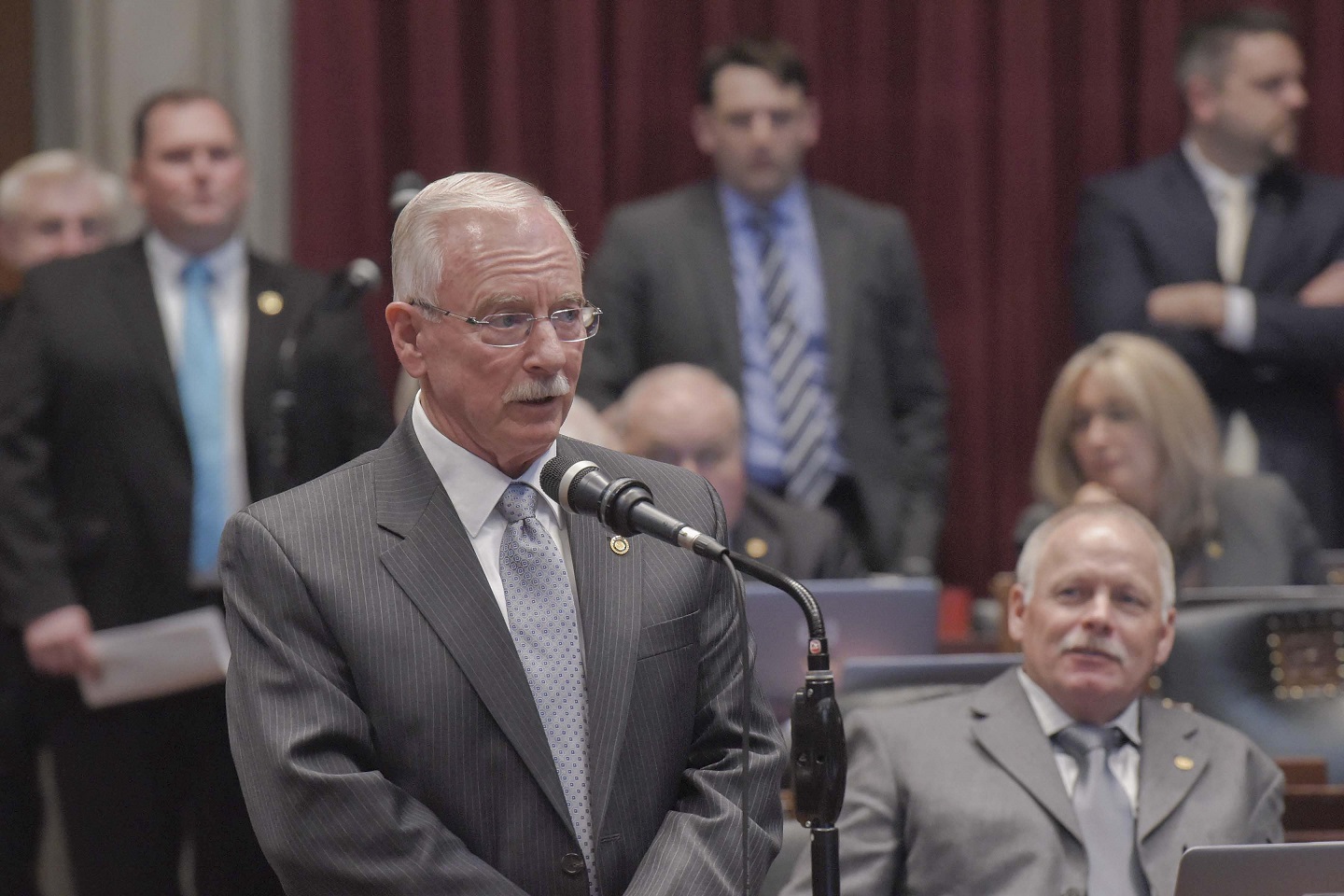A state representative frustrated by years of having to tell stalking victims he couldn’t help them is sponsoring a bill to toughen Missouri statute.
Retired Joplin police chief and former Department of Public Safety director Lane Roberts (R-Joplin) says technology has outpaced Missouri law.

“Having to look somebody who’s the victim of stalking in the eye and tell them why you can’t do things to help them out, knowing full well that they’re being terrorized by people, is a pretty uncomfortable and frustrating position,” said Roberts. “Finally, frankly I’m in a position to maybe do something about it.”
How Missouri law dealing with orders of protection defines stalking only covers the following of a person or unwanted communication. Roberts’ proposal, House Bill 292, would broaden it to cover things like the use of cell phones, GPS, cameras, or third parties to observe, threaten, or communicate about or to someone.
The House Committee on Crime Prevention heard from Janice Thompson Gehrke. She about her experience being harassed by her ex-husband, who is now in prison for shooting his ex-fiancé and her boyfriend. This included sending his roommate to her workplace multiple times on the pretense of conducting business, having friends monitor her on social media, and using her information to have her phone spammed with contest and prize offers.
She spoke of another victim who is being harassed through threats on social media, but the law does not allow her to seek an order of protection because, as she put it, “it’s not technically him.”
“What we survivors ask is that you give us as many tools as possible to help set up as many roadblocks [as possible] preventing access to us so we have a chance to escape alive,” said Thompson Gehrke.
Missouri Coalition Against Domestic and Sexual Violence Public Policy Director Jennifer Carter Dochler said her organization backs HB 292.
“Survivors deserve safety so we must continue to keep pace with the ways offenders find loopholes such as those that are remedied in House Bill 292. We’re very appreciative of Representative Roberts, who filed this legislation after hearing from constituents the barriers they were experiencing with applying for a stalking order of protection,” said Carter Dochler. “Our statute needs to be revised to keep up with the technological advances abusers have found to stalk their victims.”
Roberts has also filed a bill (House Bill 744) that would allow victims to seek a lifetime order of protection against an individual. Orders of protection are only valid for a year at a time. That has been referred to a committee.
He said throughout his career he was frustrated many times that he couldn’t do anything to help a victim of stalking and abuse, but one case frequently comes to mind in which a mother and elementary school-aged child were being abused.
“It was so outrageous, and this individual was so convinced that because he was a man, it was ‘my way or the highway.’ I think what I said to him probably could be interpreted as a threat,” said Roberts. “That kind of frustration, I think, exists for every police officer. Every officer who knows that this victim is depending on them and we’re letting them down.”
The committee has not voted on HB 292.




